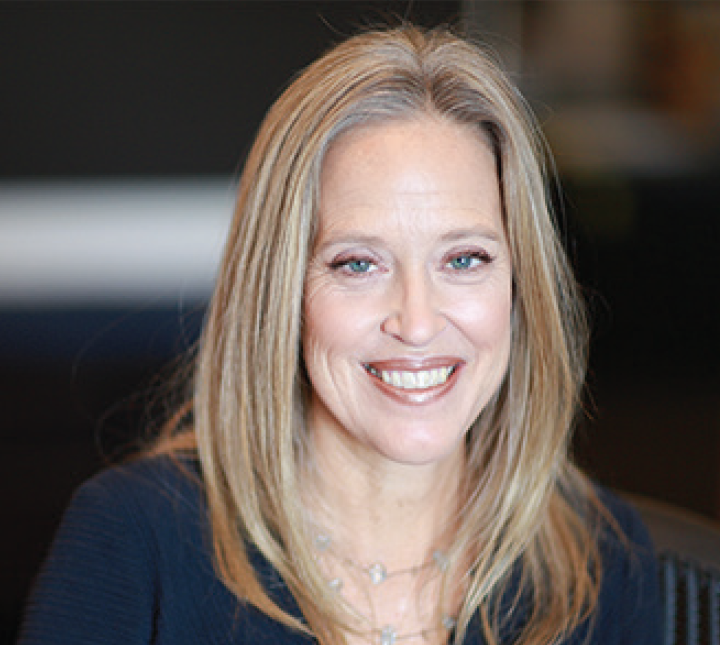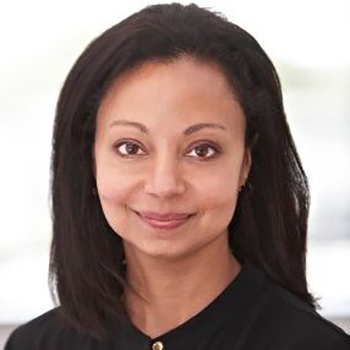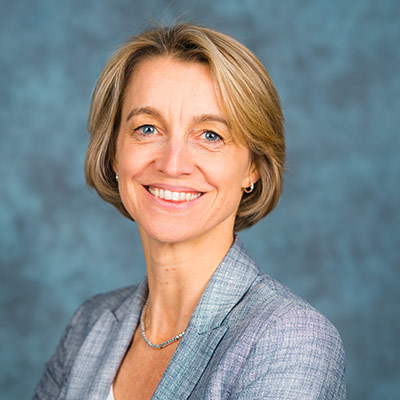Investing in Knowledge Sharing to Advance SDG 4
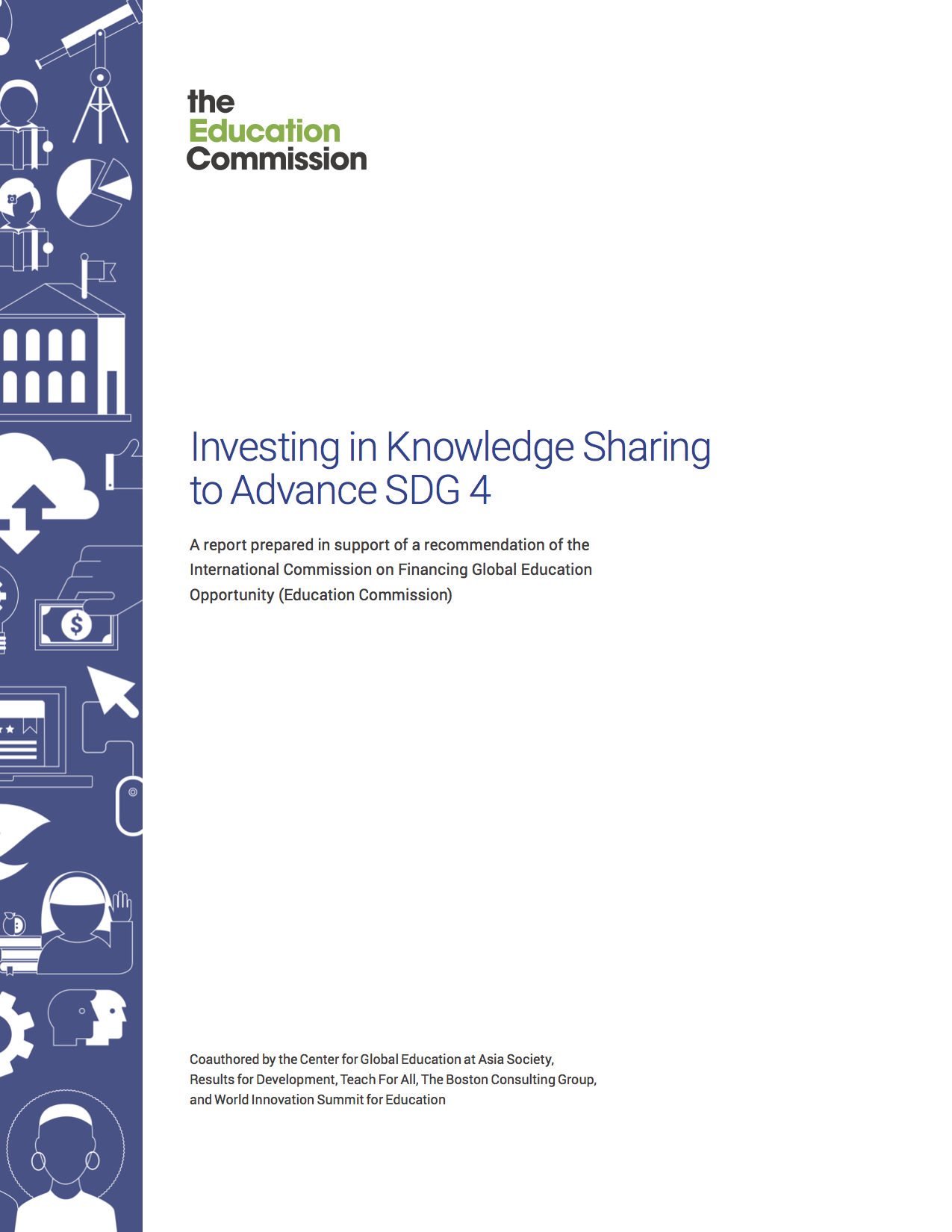
Coauthored by the Center for Global Education at Asia Society, Results for Development, Teach For All, The Boston Consulting Group, and World Innovation Summit for Education
“A new paradigm in global development is needed to sustain the progress of the last generation,” explains Larry Summers in the Foreword of this report. For global education, a key element of this new paradigm is improved knowledge sharing across borders.
In 2016, The Learning Generation report called for the international community to invest in a global education ecosystem that could “promote cross-border learning and sharing of innovations and grow the capacity of leaders and practitioners.” This report supports that call by advancing a more robust vision for effective global knowledge sharing based on 16 months of research, interviews, and consultations with more than 200 education leaders. The report argues that in order to accelerate progress towards SDG 4, global, national, and local actors should embrace the following findings:
 1. Knowledge sharing should integrate global public goods, capacity development, and networks
1. Knowledge sharing should integrate global public goods, capacity development, and networks
Global public goods, while important, are not enough. Capacity development is necessary to enable practitioners to adapt and use global public goods effectively, and networks help ground them in local needs, make them widely available, and facilitate their improvement over time.
 2. Key criteria should be followed to ensure the effectiveness of knowledge sharing efforts
2. Key criteria should be followed to ensure the effectiveness of knowledge sharing efforts
Knowledge sharing efforts sometimes fail, in predictable ways. Criteria for investments in knowledge sharing, as well as effective global public goods, capacity development efforts, and networks can provide guidance for investments of time, talent, and financial resources.
 3. More and better investment is needed to fund knowledge sharing infrastructure
3. More and better investment is needed to fund knowledge sharing infrastructure
In addition to more funding, better funding is needed for knowledge sharing in education. Funders should consider flexible funding approaches and recognize alternate approaches to measuring impact to enable further investment in knowledge sharing.
In addition, the report outlines four case studies from the perspective of different education actors that demonstrate the import of these findings.
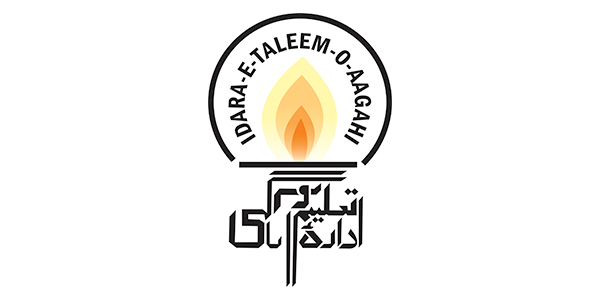
Chalo Parho Barho: a program developed by Idara-e-Taleem-o-Aagahi, which leverages global knowledge sharing to improve learning outcomes in Pakistan
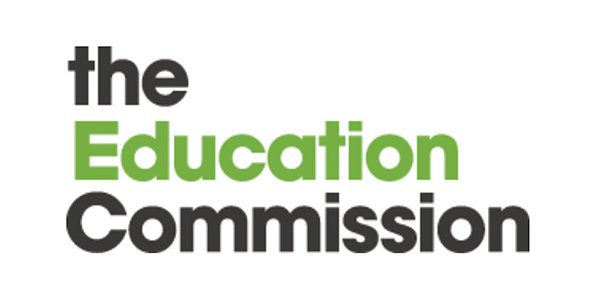
The Education Workforce Initiative: an initiative of the Education Commission with the goal of transforming the global education workforce
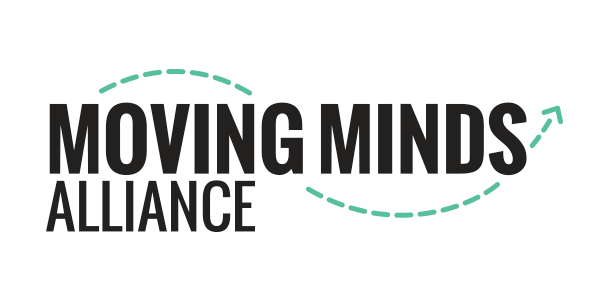
Moving Minds Alliance: an emerging network focused on coordinating action to improve Early Childhood Development in emergency situations
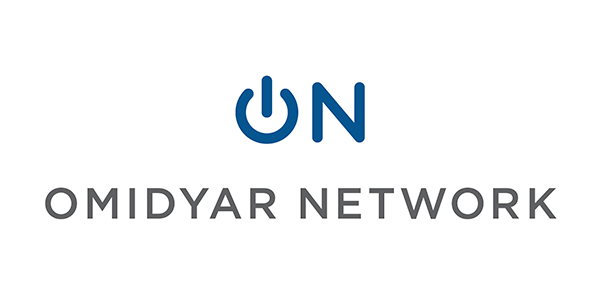
Omidyar Network: a philanthropic investment firm that prioritizes sector-level impact, including investments in knowledge sharing infrastructure
All education actors have a role to play in hastening the spread of effective practices and accelerating progress toward the vision of the Learning Generation and the objectives of SDG 4. This report provides insights and tools to help both funders and practitioners advance knowledge sharing across borders.


